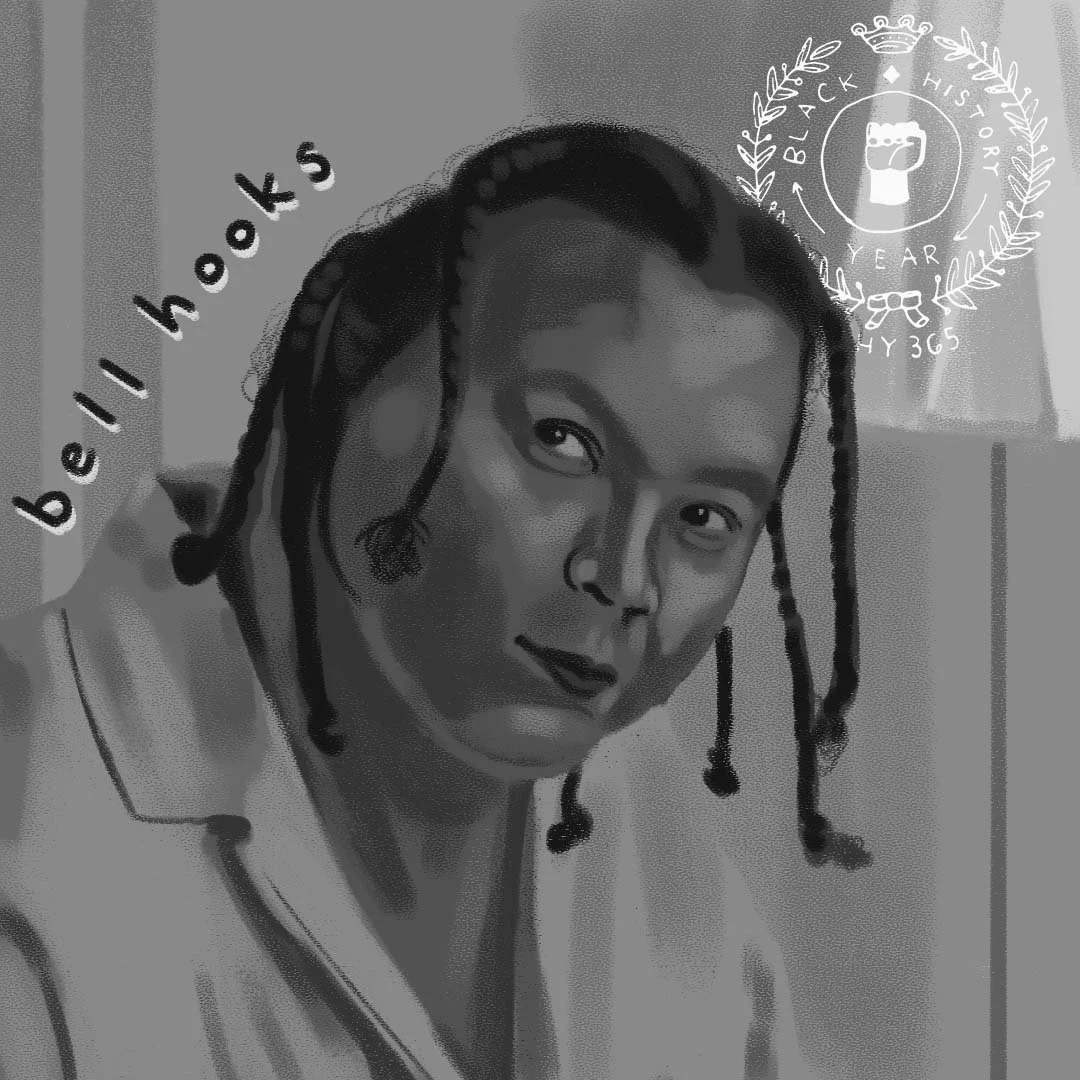Dr. Frances Cress Welsing published her first significant work, “The Cress Theory of Color-Confrontation,” as an essay in 1974 while an assistant professor at Howard University. In the controversial essay, Welsing argued that the drive for white supremacy and superiority stems from a pervasive feeling of inadequacy and inferiority. Welsing claimed that “whiteness” was, in fact, a deficiency, evidenced by the inability of whites and other races to produce melanin, which generates skin color. In short, white people in America could not cohabit peacefully with their Black peers, according to Welsing, because of a deep-seated jealousy of people with melanin and their embrace of racial supremacy to accommodate these feelings. The essay was controversial and, according to Welsing, prevented her from not only gaining tenure at Howard but, in fact, losing her teaching post. In 1991 she authored The Isis Papers: The Keys to the Colors, a central and core argument for the African origins of civilization through the highlighting of the achievements of African/Egyptian pioneers in the areas of architecture, science, philosophy, and humanism. These origins are often re-colored and re-stated through Eurocentric fabrications, including the fact that some scholars have even dismissed ‘The Papers’ as not having made a direct link between racism and oppression, or even resistance to oppression. Despite the controversy surrounding her, Welsing was praised in the Los Angeles Times for being “the first scientist to psychoanalyze white racism” in the history of Western psychiatry, rather than focusing on the victims of racism. Aside from her published racial and social theories, Welsing was an advocate for a strong African American family unit. She advised black men and women to delay having children until their thirties and instead take the time to thoroughly educate themselves so as to rear the next generation of high-functioning and disciplined black Americans who could challenge white supremacy. Frances Cress Welsing died in Washington, D.C., on January 2, 2016, after being hospitalized for a stroke. She was eighty years old.
Black History 365 | # 136 bell hooks
bell hooks trailblazing scholar, author, social activist, and feminist, who passed away December 2021 in her home, in Berea, KY, viewed history and knowledge as crucial, but only if clearly connected to accessibility and relevance. hooks, who signed her name in lower case letters as a testimony of the importance of the work and not the individual author, as well as a challenged to the standards of traditional academic writing which traditionally have dismissed the work of scholars of color, particularly, black women and women of color, distanced herself from the type of academic writers who under the guise of “dispassionate and feigned objectivity” did not personally engage with the social topics that they write about. Before the word ‘intersectionality’ was coined by Kimberlé Crenshaw in 1989, bell hooks critiqued a narrowed feminism that hailed from the white middle class living room and neither addressed interlocking webs of oppression nor recognized its own race and class privileges – therefore, blindly disregarding the multidimensional plights of non-white, underprivileged women. She is quoted as saying “I began to use the phrase in my work white supremacist, capitalist, and patriarchy because I wanted to have some language that would actually remind us continually of the interlocking systems of domination that define our reality.” Major respect to her legacy.
Black History 365 | # 135 Audre Lorde
Audre Lorde (1934–1992) was a poet, essayist, librarian, feminist, and equal rights activist. Lorde is self described as "black, lesbian, mother, warrior, poet" and daughter of Caribbean immigrants. Lorde was a major contributor to the early American LGBT culture fostered in the bars of NYC. Her work deals with the topics of love, betrayal, childbirth and her life as a lesbian and is politically focused around gay and lesbian rights as well as feminism. Lorde shocked even other feminists of her time with her progressive theories that racism, sexism, and homophobia were all linked in that they all come from an inability to respect difference.
Black History 365 | # 134 DJ Tameil
DJ Tameil is known as the pioneer of Jersey Club Music. Getting inspiration and building friendships with DJ’s from Baltimore he took those fundamentals to New Jersey and essentially created the sound we know and love today from New Jersey. Shoutout to Slink, Montana, Lilman, & of course Uniiqu3 to name a few.





